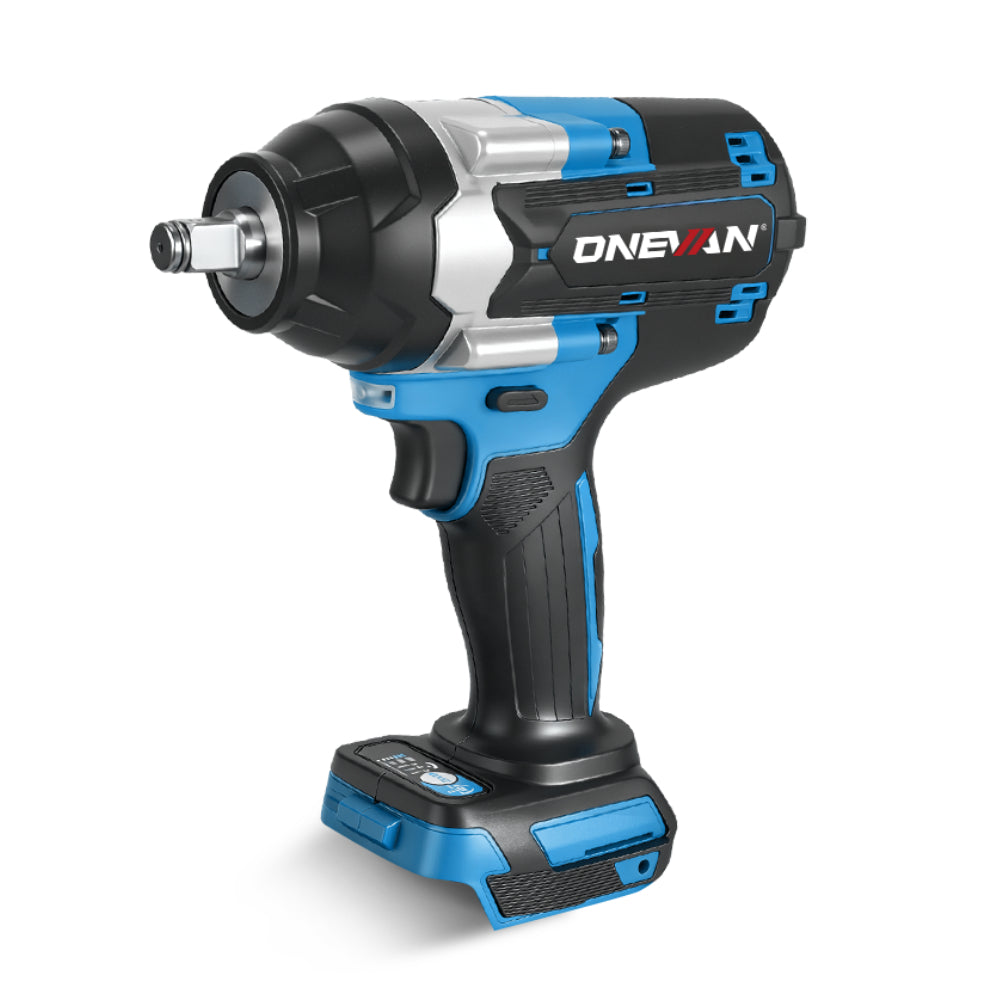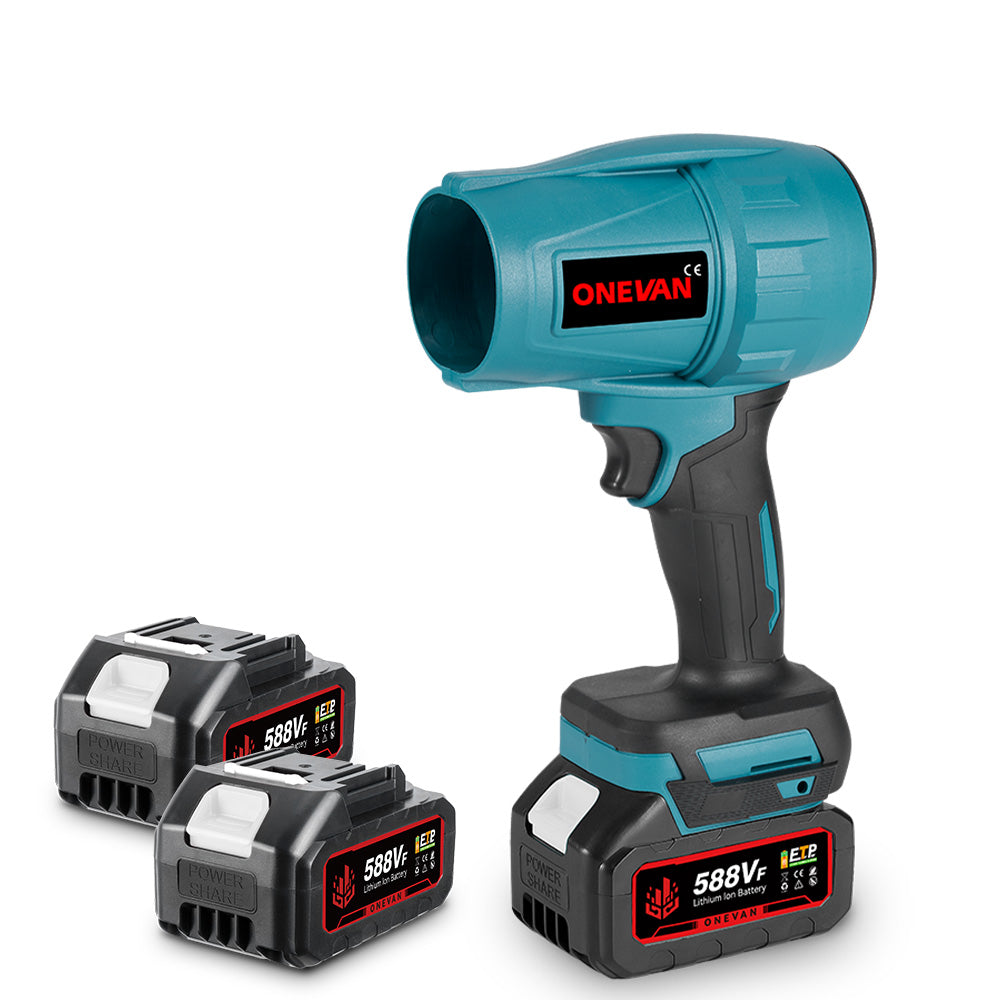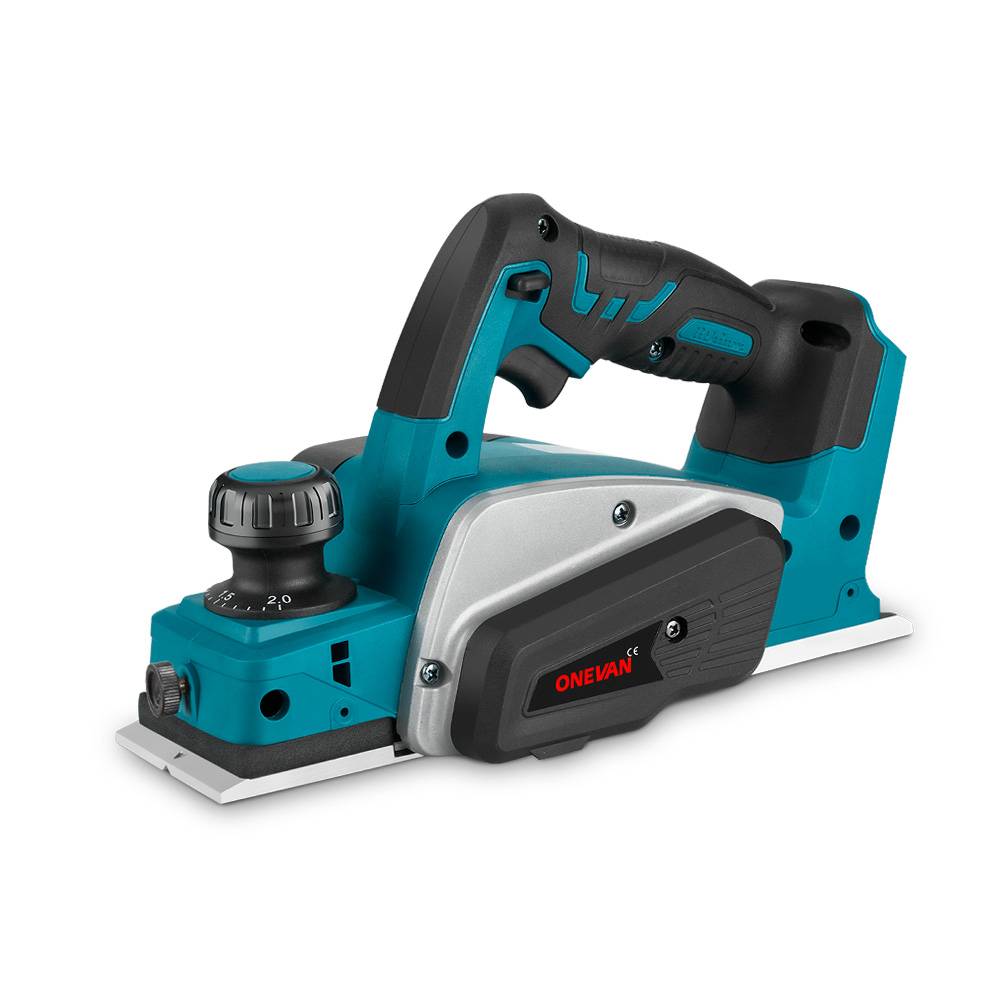Lubrificar sua motosserra é importante! Sua moto precisa de óleo para a corrente; uma motosserra também precisa de um óleo especial para um funcionamento suave. Este óleo ajuda a motosserra a cortar rapidamente e a durar muito tempo. Mas qual o melhor tipo de óleo? Muitas pessoas se perguntam se podem usar óleo de motor em suas motosserras. Neste artigo, você lerá sobre o óleo certo para motosserras, seus riscos potenciais e como usá-lo.
Você sabia que correntes de motosserra podem atingir velocidades de mais de 60 milhas por hora?
1. O que é óleo para barra de motosserra e quais são seus usos?
O óleo para sabre de motosserra é um lubrificante exclusivo, essencial para melhorar o funcionamento e a vida útil de todas as motosserras. Ele é especialmente desenvolvido para reduzir o atrito entre a corrente e o sabre, garantindo um funcionamento suave e prevenindo o desgaste excessivo. Com a lubrificação adequada, a eficiência de corte da motosserra aumenta. Consequentemente, o risco de danos à corrente e ao sabre aumenta significativamente.
Características do óleo para barra de motosserra
O óleo para motosserra possui algumas propriedades significativas que o diferenciam do óleo de motor. Essas características incluem:
Adesão:
O óleo para sabres de motosserra geralmente contém um ingrediente especial chamado "agentes de aderência". Os agentes de aderência são aditivos especializados que melhoram as propriedades adesivas do óleo, permitindo que ele adira à corrente e ao sabre para melhor lubrificação e proteção contra desgaste, mesmo em alta velocidade.
Os óleos são testados pelos fabricantes para garantir que não vazem. Girando as correntes em alta velocidade, eles medem a aderência do óleo. Os fabricantes costumam realizar testes para medir a aderência do óleo em condições de alta velocidade, e os resultados podem estar disponíveis em demonstrações online.
Redução de atrito:
O óleo para barra de motosserra tem uma viscosidade específica (espessura). Ele cria uma camada escorregadia entre a corrente e a barra.
O atrito entre a corrente e o sabre gera calor, o que pode levar ao superaquecimento se não for lubrificado corretamente. Após usar a motosserra com o óleo correto, o sabre deve estar quente.
Resistência ao desgaste:
Sem a lubrificação adequada, a corrente entraria em atrito direto com a barra. Como resultado, o equipamento se desgastaria muito rapidamente. Sem lubrificação, as superfícies metálicas da corrente e da barra entrariam em atrito, causando desgaste rápido. O óleo evita isso, separando as superfícies.
Motosserras lubrificadas corretamente duram muito mais. Pesquisas demonstram que o uso do óleo adequado para motosserras pode reduzir significativamente o desgaste dos componentes, resultando em uma vida útil mais longa da ferramenta . Em outras palavras, isso significa trocas menos frequentes de corrente e sabre.
Impacto Ambiental:
Óleos biodegradáveis para motosserras estão amplamente disponíveis hoje em dia. Isso reduz seu impacto ambiental. Escolher um óleo biodegradável é crucial para minimizar o impacto ambiental, especialmente porque os óleos podem ser dispersos durante a operação. Se você deseja garantir um uso responsável, opte por óleos biodegradáveis.
2. Óleo de motor vs. óleo para barra de motosserra

|
Recurso |
Óleo de motor |
Óleo para barra de motosserra |
|
Uso principal |
Motores de combustão interna em veículos |
Lubrifique as barras e correntes da motosserra |
|
Adesividade |
Baixo |
Alto (projetado para se agarrar à corrente) |
|
Tolerância à temperatura |
Projetado para uma ampla gama de temperaturas do motor |
Formulado para altas temperaturas |
|
Impacto Ambiental |
Pode ser prejudicial se derramado ou descartado incorretamente |
Muitas opções são biodegradáveis |
|
Viscosidade |
Varia (por exemplo, 5W-30, 10W-40) |
Geralmente mais espesso que óleo de motor |
|
Aditivos |
Detergentes, agentes antidesgaste, etc. (otimizados para motores) |
Agentes de aderência, antioxidantes, etc. (otimizados para motosserras) |
|
Custo |
Geralmente mais barato por unidade |
Pode ser mais caro por unidade |
|
Desempenho em motosserras |
Ruim; pode soltar a corrente, levando à lubrificação inadequada |
Projetado para um desempenho suave da motosserra |
|
Biodegradabilidade |
Geralmente não é biodegradável |
Muitas opções são biodegradáveis |
|
Adequado para uso a longo prazo em motosserras |
Não, pode causar danos e reduzir a vida útil da motosserra |
Sim, projetado especificamente para esta finalidade |
3. Riscos potenciais do uso de óleo de motor
Problemas de desempenho:
O óleo da barra de motosserra é espesso e pegajoso como mel. Quando a corrente gira rápido, o óleo do motor voa. A corrente precisa desse óleo pegajoso para se manter firme e fazer seu trabalho. Sem óleo suficiente, ela não corta bem. Com uma faca cega, você não consegue nem cortar um tomate!
Sem óleo suficiente, a corrente raspa e esquenta. Isso pode fazer a motosserra superaquecer e parar de funcionar. Imagine sua moto esquentando tanto que as rodas não giram mais!
Preocupações ambientais:
Usar óleo de motor em uma motosserra pode ser prejudicial ao meio ambiente, pois não é biodegradável como muitos óleos para motosserras e pode causar poluição se derramado. Ele não se decompõe e pode causar danos a plantas e animais. O óleo para motosserras é frequentemente feito para ser ecológico. Você pode pensar nisso como reciclar seu lixo! Considere despejar óleo em um rio cheio de peixes. É o que pode acontecer se você usar óleo de motor em sua motosserra e chover.
Danos mecânicos:
O óleo de motor é ineficaz em manter a lubrificação necessária para os componentes da motosserra. Isso significa que as peças entram em atrito e se desgastam rapidamente. A corrente e o sabre serão danificados mais rapidamente. Você terá que trocá-los com mais frequência. Isso lhe custará mais dinheiro.
A lubrificação insuficiente pode causar superaquecimento e, por fim, falha da corrente, levando a possíveis quebras e riscos à segurança. Ela pode atingir você ou alguém próximo e causar ferimentos.
O calor também pode danificar a barra. Ela pode entortar ou deformar. Uma barra torta não funcionará corretamente. Isso pode dificultar o uso da motosserra e até mesmo danificá-la ainda mais.
4. Situações em que o óleo de motor pode ser considerado
O óleo para barra de motosserra é sempre o lubrificante recomendado para sua motosserra. Embora o óleo para barra de motosserra seja sempre recomendado, pode haver situações raras, como emergências, em que o óleo de motor pode servir como um substituto de curto prazo.
Uso de emergência
Você fica sem óleo em barra na floresta enquanto corta lenha. Você precisa terminar sua tarefa, e a loja mais próxima fica a quilômetros de distância. Nesse caso, você pode usar um pouco de óleo de motor para resolver essa situação.
Um pouco de óleo de motor é melhor do que nada. Não será o ideal, mas ajudará na lubrificação.
Observação importante: isso é apenas para emergências! Que tal criar o hábito? Assim que possível, compre o óleo certo para a barra da motosserra e use-o.
Uso de curto prazo
O uso de óleo de motor em uma motosserra por um curto período tem implicações semelhantes às do uso emergencial. Pode ser considerado em situações em que o óleo para barras esteja temporariamente indisponível e você precise realizar uma pequena tarefa.
- Exemplo: você pode precisar cortar alguns galhos no seu quintal, mas está esperando a chegada do seu pedido online de óleo em barra. Nesse caso, você pode usar óleo de motor por um período muito curto, mas esteja ciente de que isso ainda pode acarretar riscos de maior desgaste e possíveis danos.
- Pontos principais:
- Utilize a quantidade mínima de óleo de motor necessária.
- Opere a motosserra em uma velocidade mais baixa para reduzir o vazamento de óleo.
- Evite o uso prolongado para minimizar possíveis danos.
- Troque o óleo adequado para motosserra o mais rápido possível.
Lembretes importantes:
- Não considere o óleo de motor uma solução de longo prazo.
- A segurança deve ser sua maior prioridade; sempre use equipamentos de proteção, incluindo luvas e óculos de proteção, ao operar uma motosserra.
- Sempre que possível, escolha óleo de barra biodegradável.
5. Como usar corretamente o óleo de motor em uma motosserra, se necessário?
Embora o óleo para motosserra seja sempre o lubrificante preferido, em raras circunstâncias, o óleo de motor pode ser um substituto temporário. Nesse caso, tenha cuidado e siga estas instruções.
O monitoramento frequente dos níveis de óleo garante uma lubrificação adequada
O nível de óleo do reservatório da motosserra deve ser monitorado regularmente. Você precisará reabastecer o óleo regularmente para garantir que a corrente e a barra permaneçam adequadamente lubrificadas. Isso ajuda a manter o funcionamento o mais suave possível e a minimizar o risco de danos.
Inspecione regularmente a corrente e a barra para garantir que não estejam superaquecendo ou excessivamente gastas
O óleo do motor não lubrifica como deveria, aumentando a chance de superaquecimento e desgaste da barra e da corrente. Pare a motosserra regularmente e inspecione a corrente e a barra para verificar se há pontos quentes ou desgastados. Pare de operar imediatamente se estiverem quentes ao toque ou se houver peças danificadas e deixe os componentes esfriarem antes de continuar.
Limpe imediatamente quando houver derramamento de óleo do motor
Óleo de motor é prejudicial ao meio ambiente. Se observar derramamentos, limpe-os assim que os vir. Em seguida, descarte-os adequadamente, seguindo as normas locais. Isso evita a contaminação do solo e da água.
Consultando o Fabricante
Antes de usar óleo de motor na sua motosserra, um passo importante é consultar as instruções do fabricante ou o manual do usuário (da motosserra). Eles podem especificar ou alertar sobre o uso de lubrificantes alternativos. Esta etapa garantirá que a motosserra seja compatível e segura para operar.
6. Alternativas ao óleo para barra de motosserra

Às vezes, pode ser necessário usar um óleo alternativo para a barra de motosserra. Você não encontra em lojas ou quer algo mais ecológico. Ao considerar óleos alternativos, é crucial avaliar os seguintes fatores para garantir a lubrificação e o desempenho adequados:
Considerações para a escolha de óleos alternativos
- Espessura: A espessura correta do óleo deve ser primordial. Ele deve ser suave e espesso o suficiente. A consistência deve ser semelhante à do mel. Em física, isso se chama viscosidade.
- Viscosidade: O óleo precisa grudar na corrente, mesmo quando ela está em movimento rápido. Imagine mel escorrendo pelos seus dedos – gruda, certo? É isso que você quer que o óleo faça.
- Temperatura: O óleo deve funcionar bem tanto em climas quentes quanto frios. Em climas quentes ou frios, alguns óleos ficam muito finos ou espessos.
- Escorregadio: Para reduzir o atrito entre a corrente e a barra, o óleo precisa ser escorregadio. Consequentemente, eles duram mais.
- Meio ambiente: Alguns óleos são melhores para o meio ambiente do que outros. Eles são feitos de plantas e se decompõem facilmente. Isso é importante para proteger a natureza.
- Preço: Alguns óleos são mais caros que outros. Pense em quanto você pode gastar.
- Disponibilidade: Mantenha o óleo facilmente acessível quando precisar. Um trabalho em andamento não merece ficar sem combustível!
- Tipo de motosserra: Verifique se o óleo é seguro para sua motosserra. Alguns óleos podem danificar certos tipos de motosserra.
- Aditivos: Os ingredientes especiais presentes em alguns óleos previnem a ferrugem e o desgaste de correntes e sabres. Esses aditivos melhoram o desempenho e a durabilidade dos componentes da sua motosserra.
Tipos de Óleos Alternativos
Óleos Vegetais
Ao contrário dos lubrificantes à base de petróleo, os óleos vegetais são ecologicamente corretos. Há pouca chance de derramamento, pois esses materiais se biodegradam mais rapidamente. Esses óleos também tendem a liberar menos emissões nocivas quando utilizados, beneficiando tanto a qualidade do ar quanto a saúde do operador durante a operação da motosserra. No entanto, é essencial selecionar óleos vegetais com viscosidade e propriedades adesivas adequadas para o uso com motosserras.
- Benefícios:
- Impacto ambiental reduzido
- Menores emissões
- Fonte renovável
Produtos especializados em óleo de barra
Além dos óleos vegetais, o mercado oferece produtos especializados em óleos em barra, projetados como alternativas às opções convencionais. Além de ésteres sintéticos e poliglicóis, esses produtos também podem conter óleos básicos de alto desempenho. Aditivos avançados são frequentemente utilizados nesses produtos para aumentar a lubricidade, reduzir o desgaste e resistir a altas temperaturas.
- Benefícios:
- Excelente lubrificação e proteção contra desgaste
- Desempenho aprimorado em condições extremas
- Pode oferecer melhor biodegradabilidade em comparação aos óleos convencionais
7. Conclusão
Para muitas pessoas, o óleo de motor parece uma alternativa conveniente. No entanto, não é uma solução sustentável. Prefira sempre usar o óleo certo para sua motosserra para um desempenho impecável. Isso também aumentará a vida útil da sua motosserra a bateria . Da mesma forma, leia sempre o manual do fabricante da motosserra para obter as orientações corretas sobre o óleo correto para a barra da motosserra.
Se você procura uma motosserra sem fio e sem escovas, considere usar a Serra de Poda Externa Sem Escovas ONEVAN de 8" . Esta é uma ferramenta de alto desempenho equipada com um motor sem escovas de 4500 W. Sua velocidade pode chegar a 45.000 rpm, uma placa guia de 8 polegadas e um diâmetro de corte de 30 cm. Você também pode considerar as seguintes motosserras sem fio e sem escovas :
Motosserra elétrica sem fio ONEVAN de 16" sem escovas
Motosserra sem fio e sem escovas ONEVAN de 8" com haste telescópica
Motosserra sem fio ONEVAN de 12" sem escovas
Serra circular elétrica sem fio ONEVAN 125 mm sem escovas
8. Perguntas frequentes
1. É possível colocar óleo de motor em uma motosserra?
Não, não é recomendado. Ao contrário dos óleos para barras e correntes, o óleo de motor não contém agentes de aderência. Eles ajudam o óleo a aderir à corrente. Motosserras podem se desgastar mais rapidamente se o óleo de motor for usado sem esses componentes.
Quais são as consequências de usar o óleo errado?
É possível causar atrito e calor excessivos se você usar o óleo errado. Isso desgasta prematuramente a barra, a corrente e a coroa. Sua garantia também pode ser anulada neste caso.
O uso de óleo de motor pode anular a garantia da sua motosserra?
O uso de óleo de motor ou qualquer óleo não recomendado pelo fabricante anulará a garantia da sua motosserra. Certifique-se de seguir as instruções do fabricante para garantir a cobertura.
Quando devo trocar o óleo ao usar um substituto?
Você deve monitorar e trocar o óleo de acordo com as recomendações do fabricante, mesmo se estiver usando um óleo substituto. O intervalo entre as verificações geralmente é de 20 a 50 horas. Pode ser necessário trocar alguns óleos substitutos com mais frequência do que outros.
Qual é o motivo do vazamento de óleo na minha motosserra?
Várias causas podem estar envolvidas, incluindo danos ao tanque de óleo, tampa de óleo solta, filtros de óleo entupidos ou bomba de óleo com defeito.
O óleo 10w30 é adequado para óleo de barra de motosserra?
Isso não é recomendado. O óleo 10w30 é muito fino. Como resultado, a corrente pode se soltar e não fornecerá lubrificação adequada.
É possível usar óleo 10w40 para barra de motosserra?
O 10w40 é muito fino e não possui os agentes de aderência necessários para aderir às correntes. Isso resulta em lubrificação insuficiente.
Que óleo você deve usar na barra da motosserra?
Certifique-se de usar o óleo para a barra e a corrente recomendado pelo fabricante da motosserra. Na maioria dos casos, este é um óleo para alta velocidade e alta temperatura. Ele proporciona lubrificação e proteção superiores.









